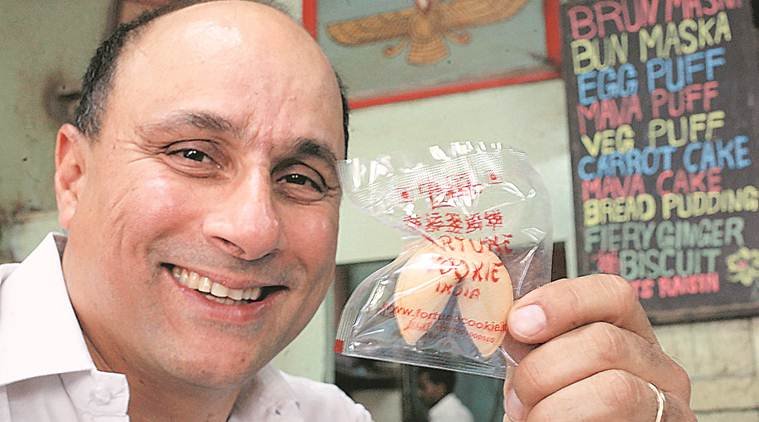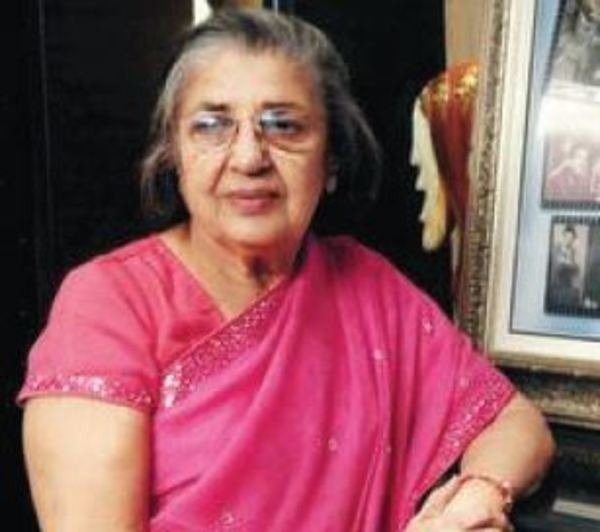Double delight: Ahead of Chinese New Year, Parsi man’s fortune cookies spread some cheer
Though fortune cookies have nothing to do with authentic Chinese culture, they are predominantly served as complementary after-dinner treats in Chinese restaurants across the world.
Zyros Zend walks into the Yazdani Bakery, located in a bylane of the city’s busy office area near Flora Fountain. He distributes fortune cookies among customers enjoying their afternoon tea on the old benches of the bakery. Zend co-owns the place with his extended family.
“I thought of picking up a few and distributing them to the people here. It makes for great banter, especially when people curiously look at the messages hidden inside each other’s cookies,” says the 51-year-old Parsi baker.
Though fortune cookies have nothing to do with authentic Chinese culture, they are predominantly served as complementary after-dinner treats in Chinese restaurants across the world. As food lore goes, they are said to have been invented by David Jung, founder of Hong Kong Noodle Company, in Los Angeles in 1918.
Zend first came across the concept when he worked on a cruiser after finishing a bakery course at Mumbai’s Sohpia College.
“After my stint at the ship, I returned to Mumbai to join the family business but also wished to do something different. Back then, the concept of fortune cookies was almost unknown here and I decided to start manufacturing them under the brand, Fortune Cookies India,” he says.
He then travelled to the US where he worked with a machine manufacturer before having one in place by 1998 to manufacture his first batch of cookies.
“Fortune cookies abroad are bland and made with just water, flour and oil, with people mostly paying attention to cracking them open and reading the message inside,” says Zend, adding, that he knew that to make them a success in India, he had to add some richness and sweetness.
“My cookies are made of butter, flour, eggs, sugar and essence,” he says, adding that the eggless option of the cookie has milkmaid.
Orders see a three-fold rise during the Chinese New Year with many Chinese families residing across the country ordering the cookies along with Chinese restaurants and other events adding to the demand. The company also caters to select retail outlets across the city.
“Many individuals also like to personalise the wrappers and messages inside the cookie,” says Zend. The messages found inside the cookie are taken from various books and include texts related to happiness, superstitions, numbers and family. “However big the order, we try to ensure each cookie has a different message,” says Zend.
Secretive about his production base located at Marine Lines, he believes it is good to leave customers curious about how the paper goes into the cookie. When asked about the company’s output, he says, “Enough to supply the demand!”
Zend has also received unique requests over the years with customers using the cookies to send out wedding proposals too.
“These are the only people I allow into my workshop as they want to make sure that we put the correct message in the cookie along with a ring,” he says, adding, “I am glad to be able to spread so much joy through one cookie.”





